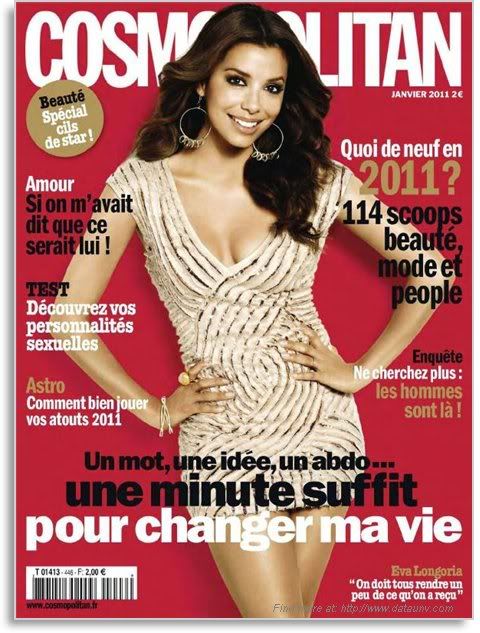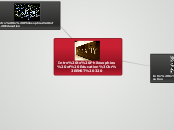
Intro to Philosophies of Education
ENST 320

Intro to Progressive Education
History
Hey-Day (1900-1930)
The Gary Plan
Why did it wane?
Definitions
Broad: a socio-political mov’t of early 1900’s focused on social reform through government policies
Narrow: an educational philosophy
At least three variations
->Child-Centered
->Social Efficiency
->Democratic
Examples of each in the movie
Main Tenets
Using the institution of school to improve society (justice, equality, diversity, etc.)
Emphasis on change
Holistic (mind, body, spirit)
Children are naturally inclined to learn
Classroom as a mini-democratic experiment (student voice and ownership of learning)
Progressivism's Seedy Underbelly
Factory model of education
Bells, industrial organization
Tracking
Bureaucracy
Vo-Tech
The drill?
Progressivism's Other Legacy
Place-Based Education
Service Learning
Outdoor Education
Labs
Problem and Project Based Learning
Experiential Education
Collaborative and Cooperative Learning
Student responsibility in schools

Intro to Philosophies of Education
Philosophy of Education?
2nd Level Questions
“Algebra is not important to learn” Why?
Because you don’t need it in the real world
Are the only things worth knowing things that you use then?
No, it’s just that not everyone needs Algebra, maybe some other kind of math
Why shouldn’t everyone receive the same curriculum and course of instruction?
No, different people are interested in different things
Who decides what you are interested in? When?
What knowledge is of the most worth?
Knowing vs doing
What is intelligence?
What is schooling for?
Social, political, economic
Moral development?
What should be mandatory?
How should we educate for the good life?
Discipline
Service Learning

Cosmo Quiz!
What philosophy are you? Which one challenges your values, beliefs, and worldview the most?
Different schools of thought in answering these questions
Progressivism
Essentialism
W. Bagley, E.D. Hirsch (recall from Rav)
“Conservative”--cultural literacy
Back to basics approach
Nationalistic, paternalistic
Core knowledge, intellectual capital
Perrenialism
R. Hutchins (recall from Ravitch)
“Conservative”-- profound and enduring
Great books curriculum
Against “technical” or instrumental knowledge
Using one’s minds well (socratic)
Existentialism
AS Neil, M. Greene
Individualism and freedom. Existence precedes essence
Humanities: meaning-making
Choice and free will
Learning-- intrinsic motivation
Critical Pedagogy
Social Reconstructivism
P. Freire, bell hooks,
Becoming conscious and aware of hidden power structures
Knowledge=Power -> Knowledge/Power
Liberating for both the oppressed and oppressor
Methods and Philosophies
Content (what) and Method (how) and Philosophy (why)
Methods: lecturing (direct instruction), group work, Socratic (q and a), discussion, journaling, projects, etc.
Any teacher can employ most any method within any philosophy
It's not a Cosmo Quiz!
You are unlikely to “be” one kind of philosophy only and in the extreme
You are also likely to have inclinations and assumptions you share with one philosophy over the others
Being aware of your assumptions allows you to remember the power of “the speech that moves the stone.”
“Ideas are more powerful than guns, we took away their guns, why should we let them have their ideas?” J. Stalin.
Values, Morals, Ethics, Oh My!
“…teaching is a value-laden enterprise, subject to pluralism of beliefs that is endemic to multicultural democracies such as the U.S.” ... “We are always outfitted with some particular lens… it should neither surprise or disturb us to recognize that values condition our understanding of ambiguous data” (Ferrero)
Anything goes?
Flat-earth curricula?
Tracking based upon genetic predispositions?
Intelligent design only Biology classes?
English not the first language taught?
A school were kids don’t have to learn how to read?
